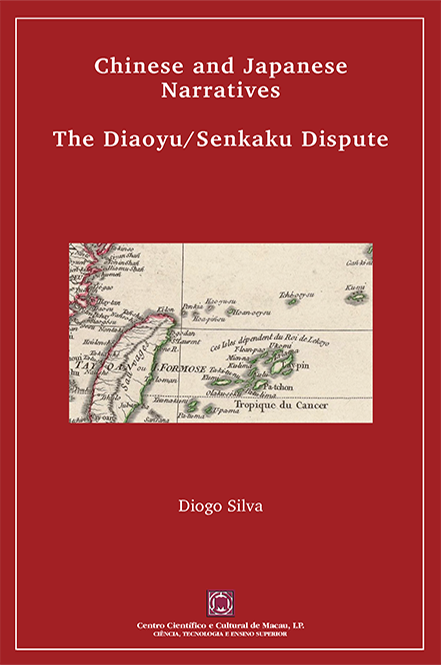Chinese and Japanese Narratives: The Diaoyu/Senkaku Dispute
20,00€
Much has been written and said concerning five uninhabited islets and three barren rocks in the East China Sea, which are known as the ‘Diaoyu’ in China and ‘senkaku’ in Japan. While such a small territory might seem to be of little significance, the islets and rocks have come to be of strategic importance due to their location and the maritime resources in their vicinity While they have been under Japanese control since the SinoJapanese war of 7894-7895, the islets have been claimed both by the Republic of China and the People’s Republic of China ever since that time, and there have been spikes of tension in the relationship between the neighbouring nations. Such a spike happened in 2072, when the Japanese government purchased three of the islets from the Japanese family that owned them. This act led to widespread Chinese protests and threats of retaliation, as well as an exponential increase in the number of coastguard and naval vessels from Japan and the People’s Republic of China in the vicinity of the islets. The increase has caused concern regarding the region becoming a potential hotspot that could escalate into a military conflict between the People’s Republic of China and Japan. This could lead to the involvement of the United States, which has pledged to protect all territory under Japanese control.
This book offers a new perspective on the conflict. The concept of soft power has received and continues to receive much academic attention. One of the reasons for this continuous interest is the notion that soft power can function not only as a complement, but even as an alternative to hard powe4 reducing military interventions, and the damage and casualties that occur as a result. The concept of ‘strategic narratives’ is a recent development, and it has been described as the soft power of the 21st century Strategic narratives address how different states try to use alternative narratives to sway target audiences, as well as to influence the formation, projection, diffusion, and reception of ideas in the international system. This book analyzes the power of strategic narratives as a means to exert persuasion and influence. One specific point in the Diaoyu,/Senkaku dispute is examined in detail, through the strategic narratives disseminated in English language versions of Chinese and Japanese online newspapers published in 2012, prior to, during, and after the announcement of the purchase of the islets by the Japanese government.
Autor: Diogo Silva
ISBN: 978-972-8586-58-4
Editores: CCCM
Edição: Lisboa, 2022 | Idioma: Inglês | Nº Páginas: 79
Dimensões: 230x150x5 mm
Peso: 144 g
